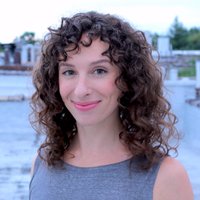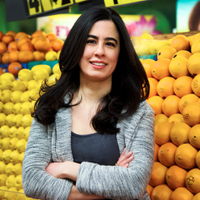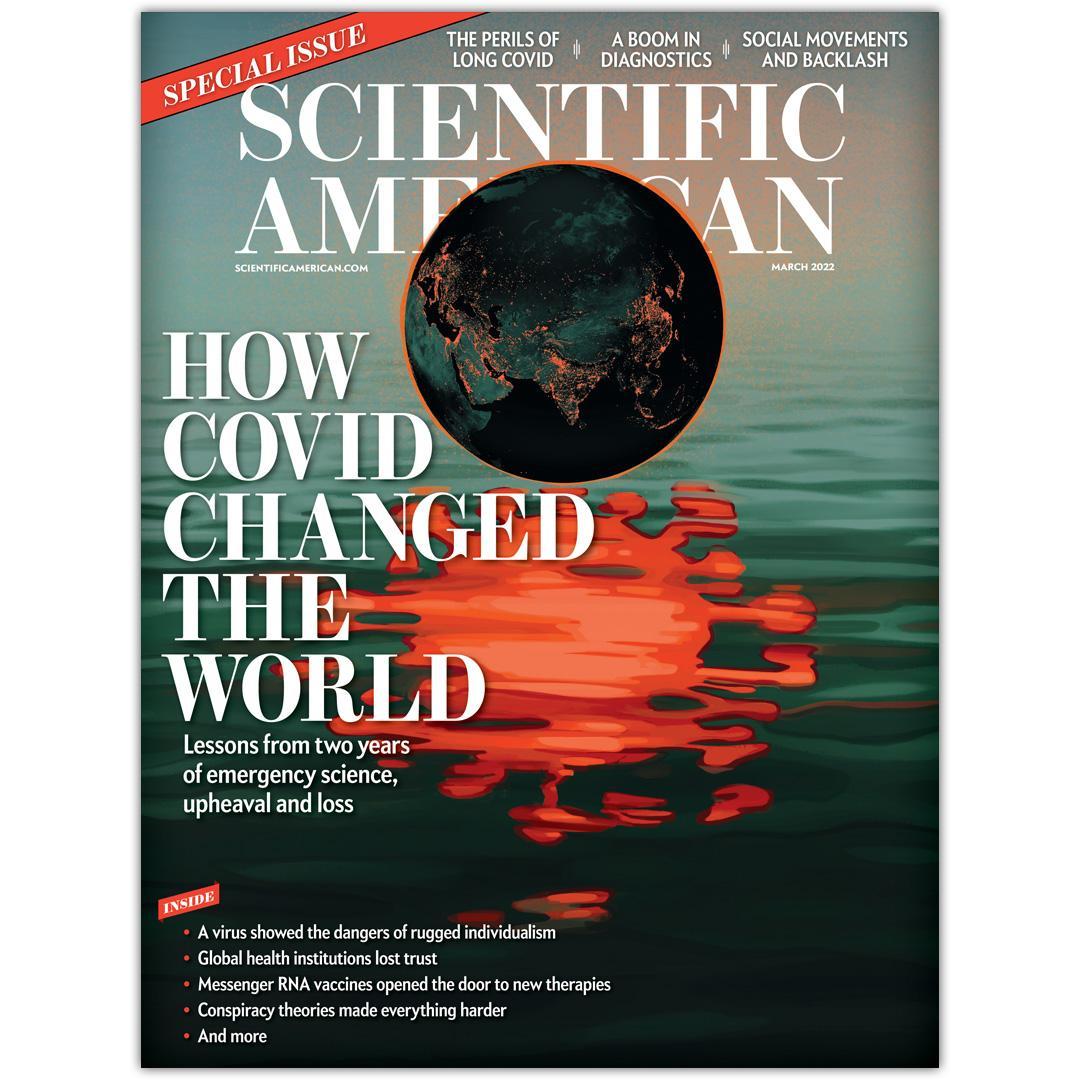
Jen Schwartz
@jenlschwartz
Senior features editor @sciam covering how we're adapting (or not!) to a rapidly changing world
ID: 23609230
10-03-2009 16:06:16
745 Tweet
1,1K Followers
740 Following

Really fantastic piece from @stuartjdneil, Peter Jacobs, and @STWorg. Yes, all reasonable origins hypotheses should be investigated. But amplifying baseless speculation hurts our ability to do exactly that.

Must-read new @SciAm article by Peter Jacobs, @STWorg & @StuartjdNeil drilling down on conspiratorial ideation over supposed Chinese lab leak origin to COVID-19 and the parallels with climate denial conspiracy theories. 🧵

The pandemic didn’t bring us together, but it did show us what we need to change the most. Senior editor Jen Schwartz provides an overview of lessons learned from two years of emergency science, upheaval and loss. scientificamerican.com/article/introd…

Great piece by Peter Jacobs, @stuartjdneil, and @STWorg. Shows how powerful interdisciplinary collaboration can be: bit.ly/3JsUgJg

We made an entire issue of Scientific American about how COVID has changed the world—and how it hasn't. Dozens of experts and writers reflected on our two pandemic years to help us see why there's no "going back" to 2019, and where we go from here scientificamerican.com/report/how-cov…


COVID created a boom in diagnostics. Will testing become a part of our everyday lives? Roxanne Khamsi wrote for Scientific American about the rise of PCR technologies & the new urgency of surveillance for all kinds of infectious disease scientificamerican.com/article/the-pa…



🧵I wrote about #longCOVID and chronic illness for Scientific American's pandemic anniversary package: "It is time for medical researchers to investigate these long-contested illnesses with the full force of science’s power..." scientificamerican.com/article/covid-…


Have you ever waited for PCR test results? My new feature for @SciAm is all about how PCR is speeding up and getting cheaper. Scientists are using everything from left-handed DNA to solar power to long stretches of tape to radically improve PCR testing: scientificamerican.com/article/the-pa…

My latest feature story is part of a huge special issue of @SciAm that delves into 21 ways COVID changed the world. I'm totally grateful to Jen Schwartz for her brilliant edits. Check out all of the fantastic reporting here: scientificamerican.com/report/how-cov…

We need your help for some crucial #LongCOVID research! If you live in the New York area, have FULLY recovered from COVID-19 infection and it has been AT LEAST 12 weeks since you were first sick, please email us at [email protected] Putrino Lab RT highly appreciated 🙏🏼


